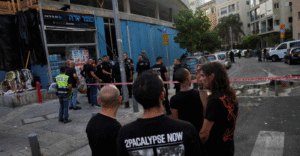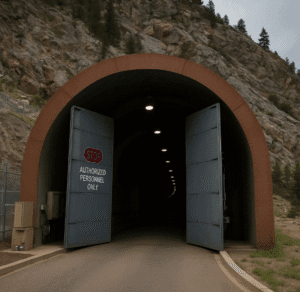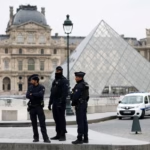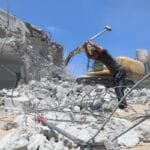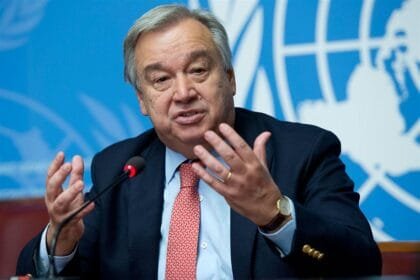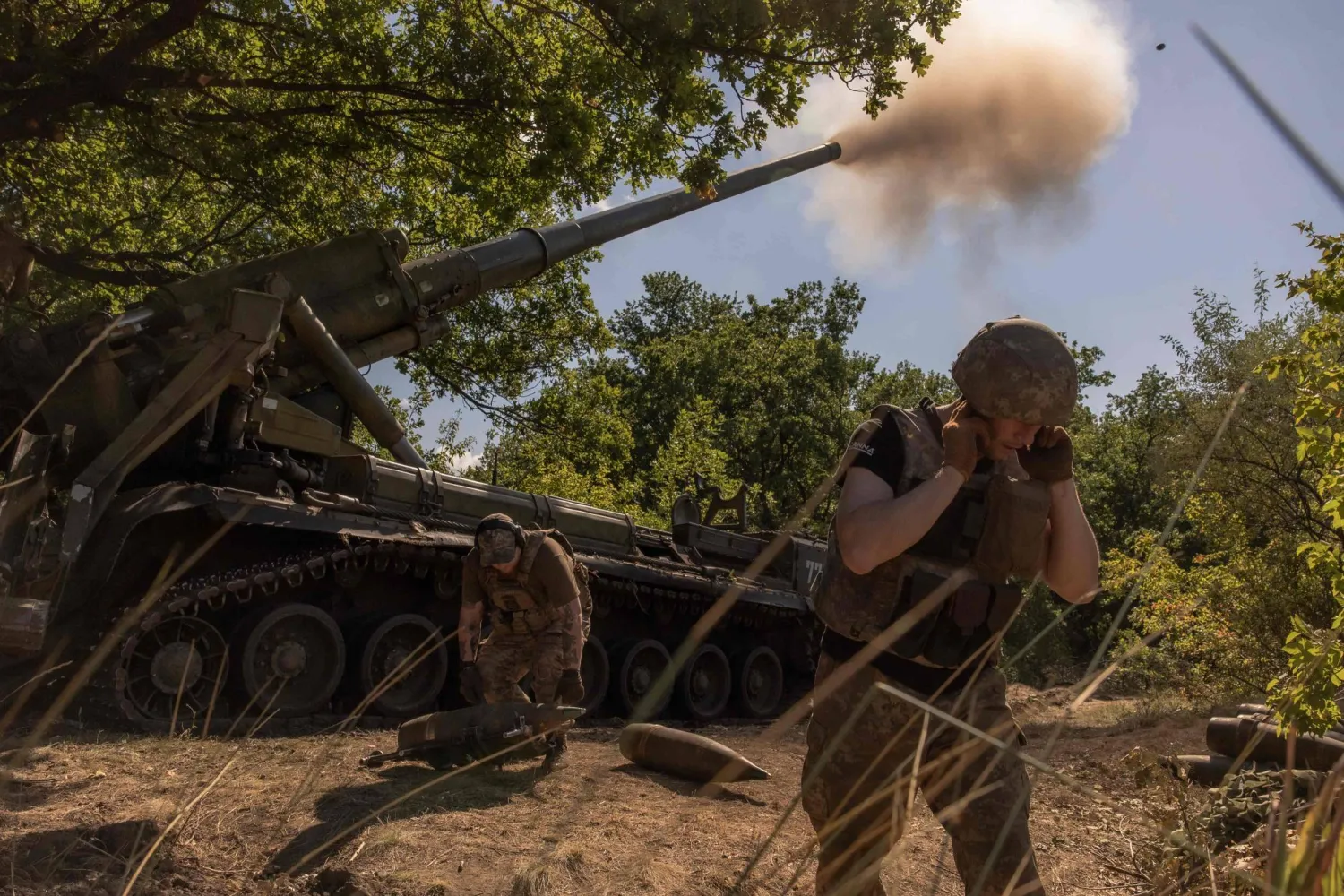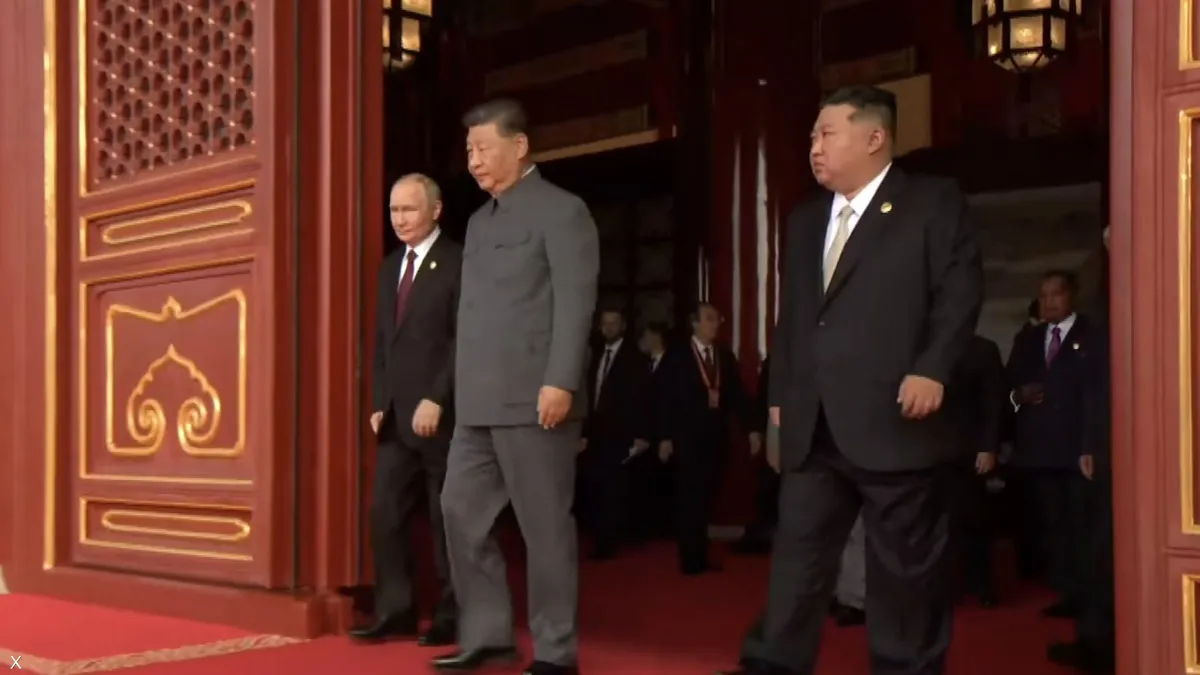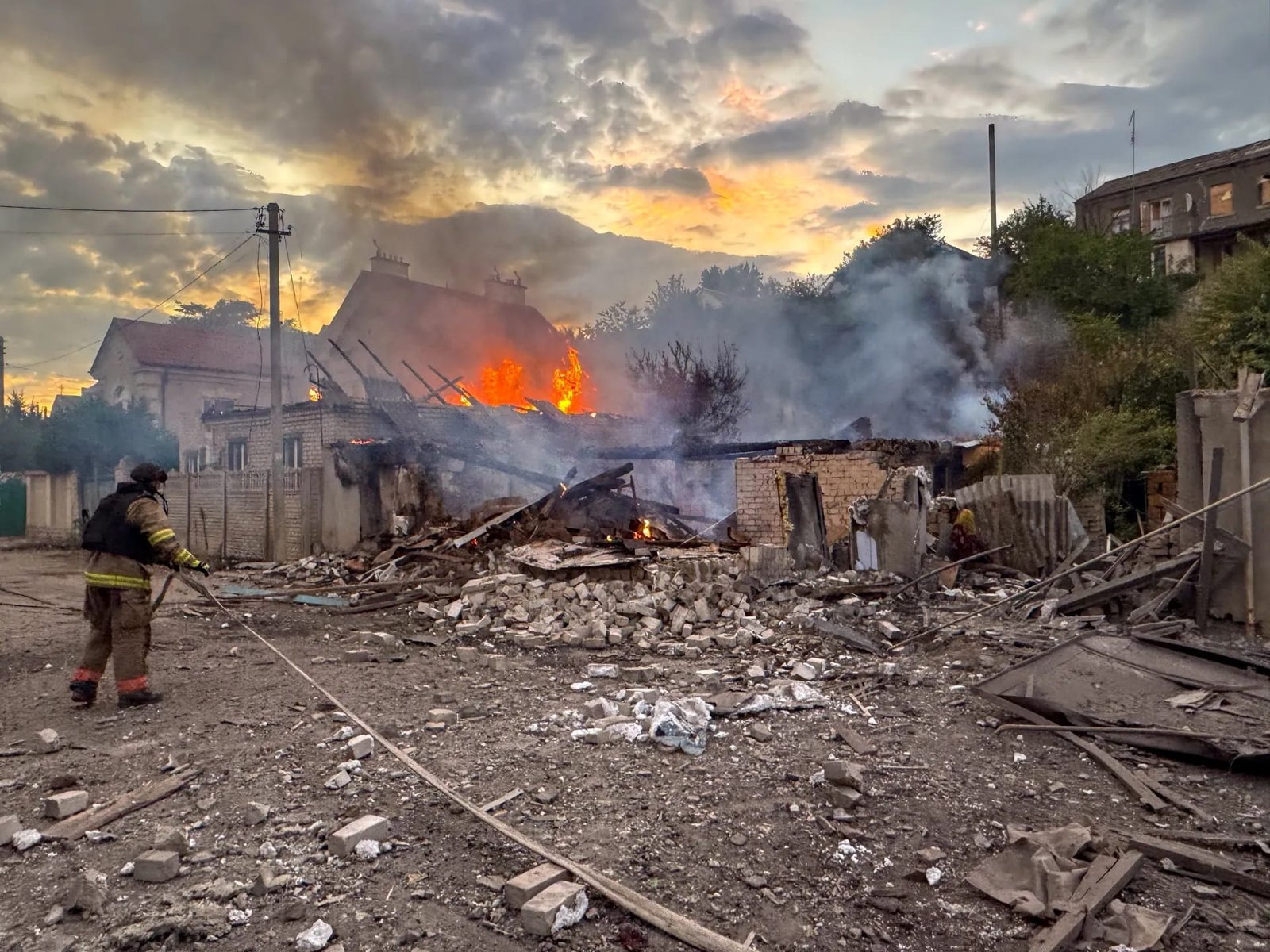Beirut, Lebanon – An investigative report published by the French newspaper Le Figaro revealed that the Lebanese Hezbollah group currently operates almost entirely underground.
It seeks to rebuild its leadership structure and military strength in a covert manner, with direct support from Iran.
The report, prepared by the newspaper’s correspondent in Lebanon, stated that this restructuring process began a year after the Israeli “Pager” operation that saw the assassination of Hezbollah leader Hassan Nasrallah on September 27, 2024, in Beirut.
Where the militia continues to operate under cover of secrecy, away from public view.
The report confirmed that Hezbollah, despite its apparent agreement to disarm under pressure from the Lebanese government, continues to strengthen its military presence in other areas, such as northern Lebanon and the Bekaa Valley, while maintaining its infrastructure and ammunition.
Le Figaro quoted a Hezbollah member, identified as “Wafiq,” whose identity has been withheld, describing the state of chaos and panic that prevailed within the party following the assassination of Nasrallah and his deputy, Hashem Safieddine.
He said that military officials were moving secretly between trusted homes for fear of being targeted, while Hezbollah fighters in southern Lebanon were waging battles alone, following pre-arranged contingency plans.
Wafiq pointed out that Iranian representatives, led by Quds Force Commander Esmail Qaani, arrived two weeks after the assassination, with the aim of rebuilding the party’s military structure within a short period of 10 days, while the political side continued to suffer from a leadership vacuum.
According to the report, Ali Fayyad, a member of the Lebanese parliament representing the party, indicated the establishment of a new secret military structure characterized by a younger and more dynamic leadership.
With the shortened chain of command and the clear separation between the military and political wings, it is difficult to know who controls what within the party.
The investigation confirms that Iran has regained full control over Hezbollah and ordered the party’s militia to shift to a defensive position and avoid direct confrontation with Israel for the time being.
Le Figaro concluded its report by asserting that Hezbollah, despite the losses it has incurred, is showing increasing signs of recovery by rebuilding its leadership, funding its supporters, and waiting for the right moment to act.
A Western source described the situation, saying: “They are like snakes crawling in the dark. They have not left, but are just waiting.”
In a related development, Israeli Prime Minister Benjamin Netanyahu revealed Saturday evening his intention to submit a resolution to the government on Sunday to adopt the name “War of Resurgence” for the ongoing war in Gaza.
Netanyahu said in a statement on Israel’s Channel 14: “I conclude this war with a decision that I will present to the government tomorrow: to call it ‘the war of revival.’ That is its name.”
Netanyahu reviewed what he described as a “dramatic transformation” in Israel’s regional and international standing, noting that Israel has transformed from facing an existential threat two years ago to a regional and global power today.
This was achieved thanks to the “bravery of the soldiers, difficult decisions,” and the support of former US President Donald Trump.
Regarding the end date of the war, Netanyahu stressed that “the war in Gaza will not end until Israel’s conditions are met,” emphasizing the return of all hostages, the demilitarization of Gaza, and the complete dismantling of Hamas.
He pointed to a potential Iranian threat, revealing that a plan to send two air forces to Syria had been thwarted. He explained that a number of senior Iranian commanders had been eliminated, but warned of the possibility of their return, asserting that Israel remained in a state of constant vigilance.
Netanyahu revealed that he had not informed the Americans in advance of the assassination of Hassan Nasrallah for fear of information being leaked, asserting that the operation destroyed Hezbollah’s missile stockpile within hours.
Regarding the northern front, he considered postponing the confrontation with Hezbollah a sound strategic decision, explaining that an early attack could have inflicted heavy losses on Israel.
Netanyahu criticized the Biden administration, accusing it of “succumbing to international pressure” and freezing arms deliveries, expressing his determination to continue despite the criticism and threats he faces domestically and abroad.
He concluded his speech by emphasizing the high morale of the Israeli people, praising the role of the soldiers in giving them strength.





